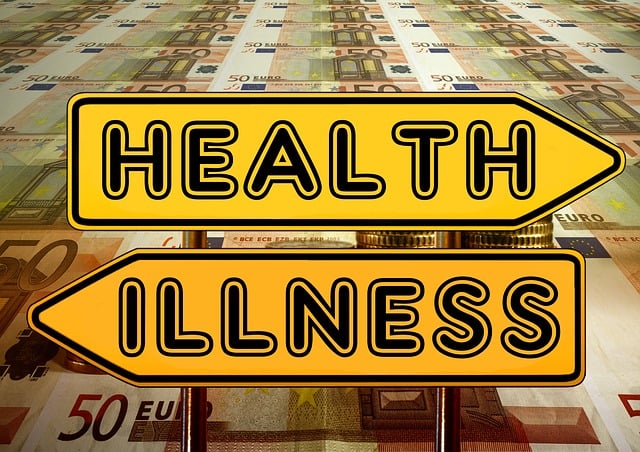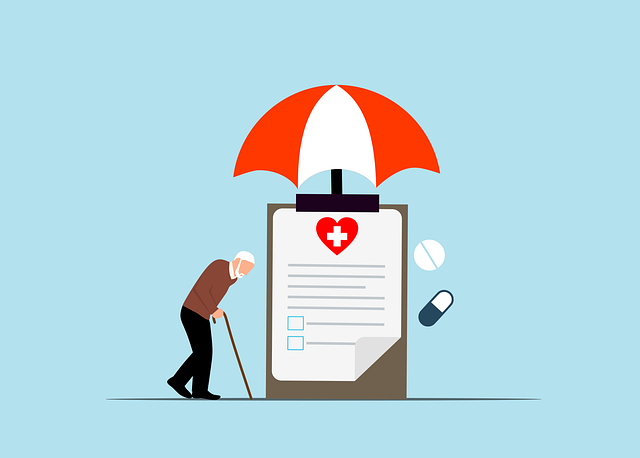In South Africa, managing healthcare costs requires understanding the differences between Medical Aid and Health Insurance. Medical Aid offers comprehensive coverage with monthly contributions for services within a network, focusing on prevention and chronic management. Health Insurance, meanwhile, provides indemnity-based coverage, reimbursing eligible treatments or offering cash benefits, giving budget flexibility. Choosing between them depends on individual healthcare needs, budget preferences, and whether structured plans or flexible payouts are desired for long-term financial protection against medical expenses.
In South Africa, understanding the distinction between medical aid and health insurance is paramount for securing long-term medical coverage. Both play vital roles in managing healthcare costs, yet they operate uniquely. This article offers a comprehensive overview of these schemes, delving into their similarities and differences. By exploring Medical Aid vs Health Insurance, individuals can make informed decisions to ensure adequate protection for their medical needs, ultimately fostering financial stability and peace of mind.
- Understanding Medical Aid and Health Insurance in South Africa: A Comprehensive Overview
- Medical Aid vs Health Insurance: Which Is the Better Long-Term Solution for Your Medical Needs?
Understanding Medical Aid and Health Insurance in South Africa: A Comprehensive Overview

In South Africa, both medical aid and health insurance play pivotal roles in ensuring individuals are prepared for potential medical expenses. However, they serve distinct purposes and offer different benefits. Medical aid is a private scheme that provides healthcare coverage for its members, often with a focus on preventing and managing chronic conditions through various health services. It typically involves monthly contributions or premiums that cover a portion of your medical costs, including hospital stays, doctor visits, and certain medications.
On the other hand, health insurance is a form of risk management designed to protect against unforeseen medical expenses. Unlike medical aid, it doesn’t necessarily offer a comprehensive range of healthcare services but rather focuses on reimbursing policyholders for specific medical events or treatments. This makes health insurance more flexible, catering to various budgets and needs. Understanding the nuances between medical aid and health insurance is crucial when planning for your long-term medical requirements in South Africa.
Medical Aid vs Health Insurance: Which Is the Better Long-Term Solution for Your Medical Needs?

In South Africa, understanding the distinction between medical aid and health insurance is crucial for selecting the optimal long-term solution to meet your medical needs. While both options provide financial protection against healthcare expenses, they operate differently. Medical aid schemes typically involve a monthly contribution from members, offering a range of benefits such as hospital stays, specialist consultations, and prescribed medications. These plans often have specific networks of healthcare providers, and members may need to consider these restrictions when choosing a plan.
On the other hand, health insurance policies focus more on indemnity-based coverage, where insurers pay for medical expenses incurred by policyholders. This type of insurance provides cash benefits or repayment for eligible treatments and procedures. Unlike medical aid, health insurance doesn’t usually require co-payments or out-of-pocket expenses at the point of service. When deciding between these options, consider your personal healthcare needs, budget, and preference for either a structured plan with specific benefits (medical aid) or flexible cash payouts (health insurance).
When considering long-term medical coverage in South Africa, understanding the nuances between Medical Aid and Health Insurance is key. While both offer essential protection, each operates differently, with unique benefits and limitations. Medical Aid tends to focus on a comprehensive package within a specific network of healthcare providers, while Health Insurance offers more flexible, claims-based coverage. For stable individuals seeking robust medical care, Medical Aid may excel, but for those wanting broader access and control over their healthcare choices, Health Insurance could prove superior. Ultimately, the best choice depends on individual needs, budget, and preferred healthcare delivery model. Making an informed decision ensures peace of mind, knowing you have a solid long-term solution for your medical needs.

